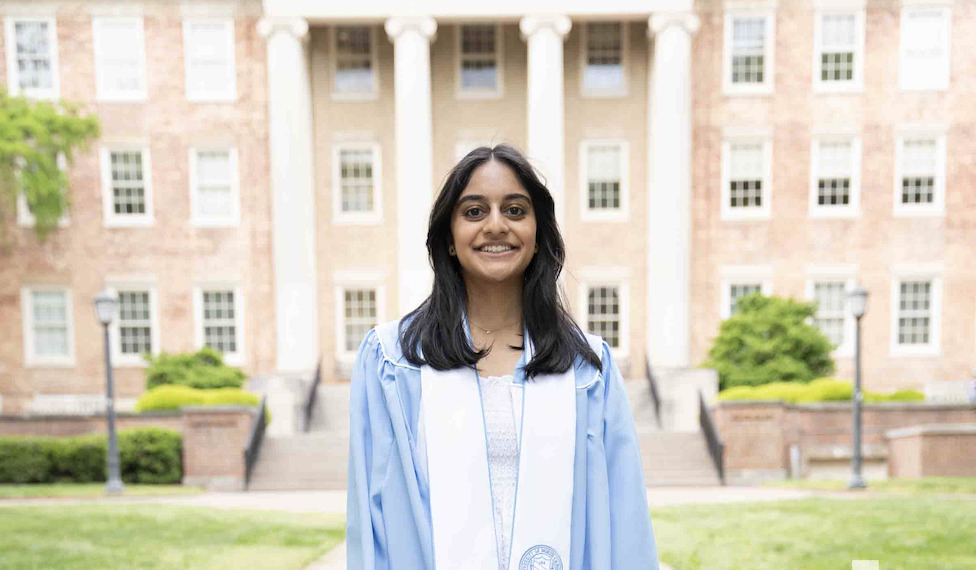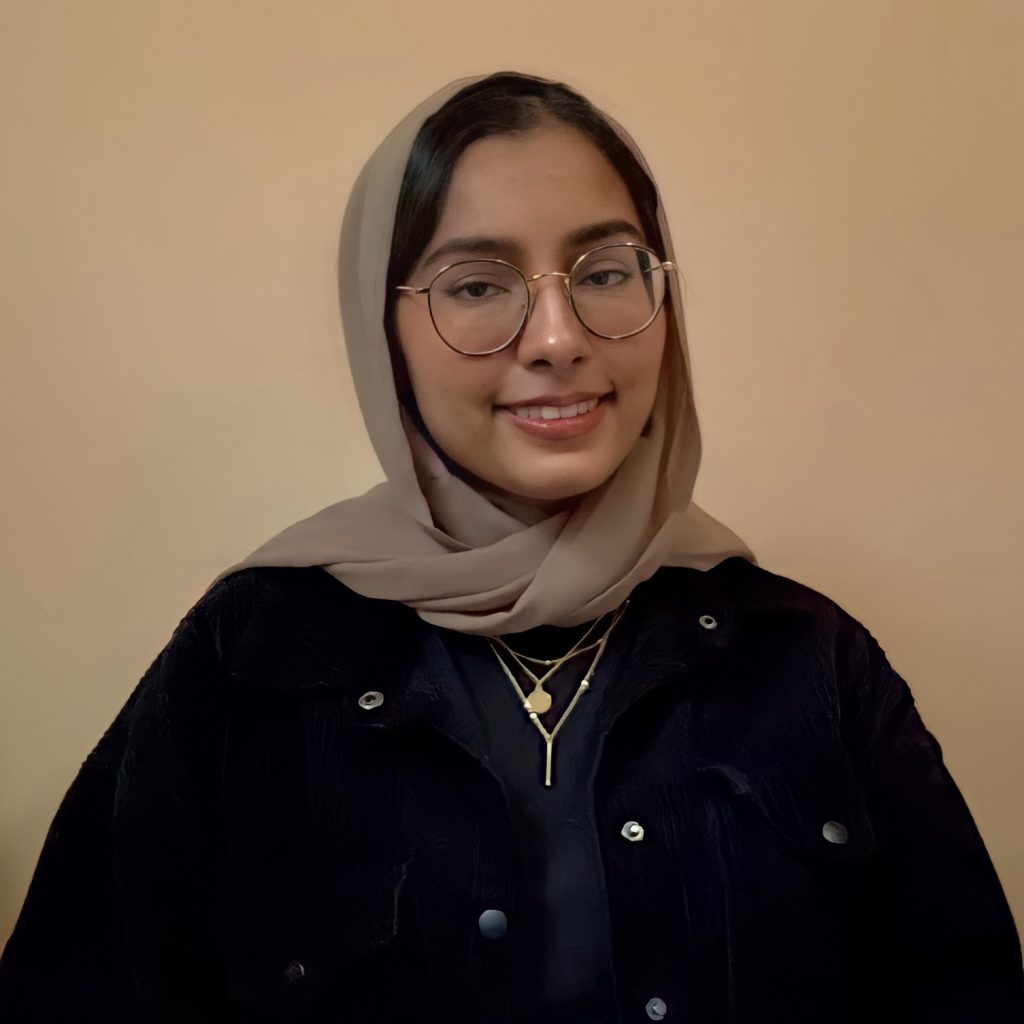
Angel Patel | Social Entrepreneurship | Computer Science B.S. and Education Minor
Tell us about Kids Code: Kids Code is a social venture dedicated to making Computer Science accessible to students in low-income communities and under-resourced schools. The program partners with library systems in Georgia and North Carolina to provide coding workshops.
What inspired you to get involved in social entrepreneurship? After learning more about the field, I gravitate towards it because it promotes sustainable and effective change in communities. I’ve always loved that social entrepreneurship places impact as the main priority but also leaves room to create a viable business model and revenue stream.
First step to put your idea into action: At sixteen and living in Savannah, Georgia, all I really wanted to do was create a space to teach and learn with others about coding. After talking with educators in my community, I noticed computer science was not being taught at any of the schools in my area. It was clear to me that there was a gap in my community, and I could try to fill it.
Valuable Courses: PLCY 490 – Class Component of CUBE and EDUC 533 – Social Justice in Education
Mentors: Melissa Carrier, Director of Social Innovation and Christy Edwards, Director of Horizons Savannah
Advice: Do your research beforehand and explore if the need you want to fill exists. Talk with people in the space before you dive in. Think about partnerships with other ventures or organizations that might already be filling that need.

Anum Imran | Community Engagement | Statistics and Analysis B.S. and Political Science B.A.
Tell us about Traditional Kitchens and MSA: Traditional Kitchens is a program of the Refugee Community Partnership I helped found alongside refugee women and community advocates, which operates as a cooperative cookery designed to drive the economic development of refugee communities through traditional cuisine and community engagement. Through a unique model focused on self-sustainability, we were able to construct an entrepreneurial network that provided refugee artisans with a pathway towards culinary renown in the greater Chapel Hill area while simultaneously supporting their families and sharing their culture.
My work with Traditional Kitchens served as the foundation for my experience with community engagement as a college student, which I later expanded as I joined the leadership of the UNC Muslim Students Association (MSA). UNC MSA is unique in that it is the only established Islamic organization in the town of Chapel Hill, and therefore as a non-profit, it works to serve and represent a much broader Muslim community than would be expected of a student organization. As the current President of UNC MSA, I have transitioned the organization to adapt to COVID-19 and expand into our mission of outreach, service, and advocacy while maintaining virtual programming that regularly engages our community.
What inspired you to get involved with community engagement? As a Muslim woman and daughter of immigrants, I have in many ways been drawn to community engagement simply by the circumstances of my own life. I believe that the dedication to service and community of the Muslim communities in which I grew up are major factors driving my passion for my work. Additionally, my experience growing up abroad provided me with insight into a diverse range of communities and issues, significantly shaping my worldview and perspective on the importance of community engagement and advocacy.
First step to make an impact: After working with refugee artisans for several years prior to starting my studies at UNC, I sought out an avenue through which I could continue engaging with the refugee community. As a member of Campus Y’s CUBE Social Innovation cohort, I was able to develop Traditional Kitchens alongside the Refugee Community Partnership. After working with Traditional Kitchens for some time, I also increased my engagement with the UNC Muslim Students Association, of which I had been a member for two years. When I first ran for UNC MSA’s leadership board, I was elected as Treasurer and was able to develop our organization both structurally and financially. From there, I was able to run for President and step into my current role today.
Valuable Courses: PLCY 89 – Creating Social Value (First-Year Seminar)
Mentors: Melissa Carrier, Director of Social Innovation
Advice: I commend all my peers who work to support and uplift their community, and I am excited to see the incredible work done by students in the future. I believe that a prerequisite to impactful community engagement is a true passion, and would say that students should explore the diverse avenues available to them as they embark upon their journey so that they can determine exactly what drives them. UNC provides an array of resources through which students can pursue service, advocacy, and innovation, and I would suggest investigating each of them while remaining open to the opportunities available to them.

 | UNC-CH
| UNC-CH